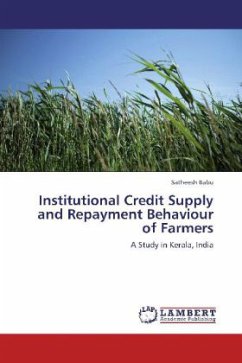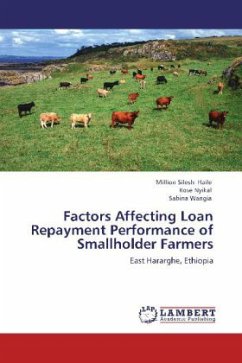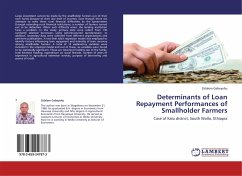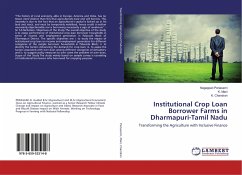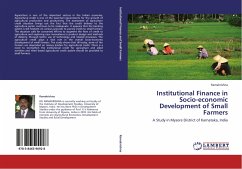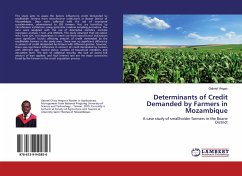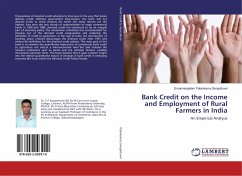Capital has been one of the most limiting factors in crop production in developing and underdeveloped countries. Hence, institutional credit has to play a significant role in liberating farmers from the clutches of private moneylenders by providing cheap, adequate and timely credit. However, credit is not an issue of quantity alone; it is a question quality aspects also. So, the increased flow of institutional credit at concessional rates is likely to be accompanied by many related social issues such as inadequacy, agricultural illusion in the form of mis-utilization and diversion of loan, lack of timeliness in credit delivery and high credit transaction costs. The study of the repayment behavior of the farmer borrowers and its determinants assume importance in this context. As the study aims to blend research tools for practical decision making, the study would be of use to researchers, policy makers, developmental agencies, trainers in agricultural banking as well as extension agents working among farmers for their welfare.
Bitte wählen Sie Ihr Anliegen aus.
Rechnungen
Retourenschein anfordern
Bestellstatus
Storno

